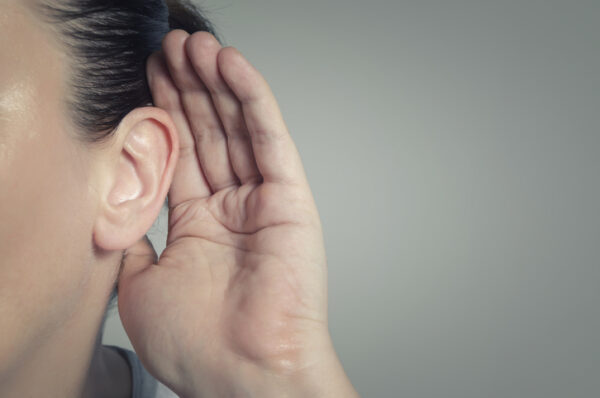
The nation’s largest insurer is launching a UnitedHealthcare Hearing, a new offering that is meant to improve access and affordability for hearing health services and products.
The new vertical will be included in the Minnetonka, Minnesota-based company’s specialty benefits umbrella, which includes dental, vision and financial protection plans.
UnitedHealthcare Hearing is a combination of the insurer’s existing hi HealthInnovations direct-to-consumer hearing aid company and EPIC Hearing Healthcare, the hearing benefits provider acquired by UnitedHealth Group last year.
By putting the two businesses together, UnitedHealthcare members have access to a national selection of 5,000 hearing health providers and products through EPIC’s network and contracts with top hearing aid manufacturers, as well as the convenient mail order consumer experience of hi HealthInnovations.
“This was our opportunity to take two hearing health models and transform them into a new offering with terrific choice and great experience by combining their capabilities,” said Adam Wojcik, the general manager of UnitedHealthcare Hearing.
Eligible patients include select UnitedHealthcare individual, employer-sponsored and Medicare Advantage plan members. The company claims that hearing aid co-pays for most members start at $200.

A Deep-dive Into Specialty Pharma
A specialty drug is a class of prescription medications used to treat complex, chronic or rare medical conditions. Although this classification was originally intended to define the treatment of rare, also termed “orphan” diseases, affecting fewer than 200,000 people in the US, more recently, specialty drugs have emerged as the cornerstone of treatment for chronic and complex diseases such as cancer, autoimmune conditions, diabetes, hepatitis C, and HIV/AIDS.
The typical retail price for a single hearing aid is more than $2,000 and co-pays for most hearing health plans start at around $600 for a single device.
Wojcik said the new benefits save consumers up to 80 percent from retail hearing aid prices, while also adding additional benefits like visits with audiologists, and associated and follow up care once the device is received.
“We’re able to send members to a great provider experience, or accomodate them as home, depending on what their needs are and where they want to be served,” Wojcik said.
He pitched the benefit of combining specialty benefits like hearing health plans, along with UnitedHealthcare’s standard health plan offerings as helping to reduce overall medical costs.
Research has shown that people with untreated hearing loss can experience higher rates of depression, cognitive decline impaired learning and falls.
Roughly 48 million people in the country report some level of hearing loss, with especially high prevalence in the over 65 population.
According to the National Institute of Deafness and Other Communication Disorders, of the nearly 30 million people that could benefit from a hearing aid, fewer than 16 percent have ever used them, with education and cost factors being major barriers.
Alongside the roll out of the new benefit offering, UnitedHealthcare is also partnering with hearing health nonprofit Songs for Sound on public service announcements to educate the public on the connection between noise and hearing loss.
“The partnership is aligned with our mission statement of helping people with their hearing health in an increasing loud world,” Wojcik said.
Picture: natasaadzic, Getty Images












